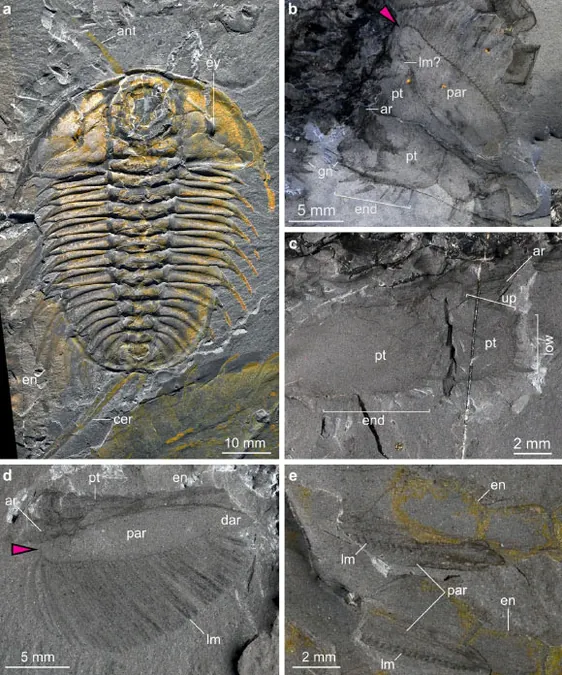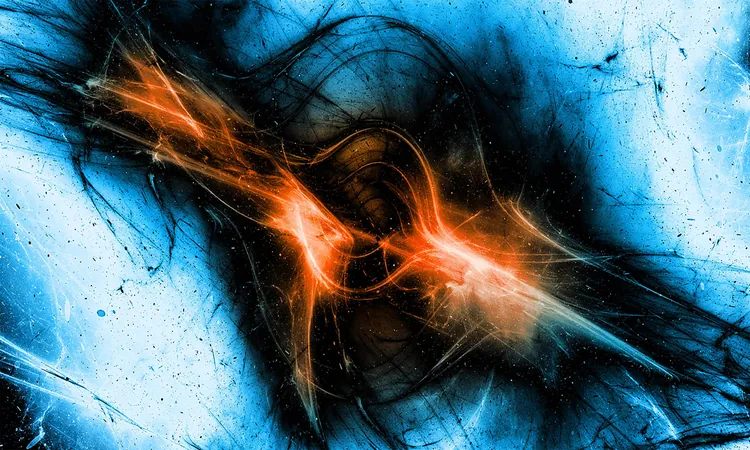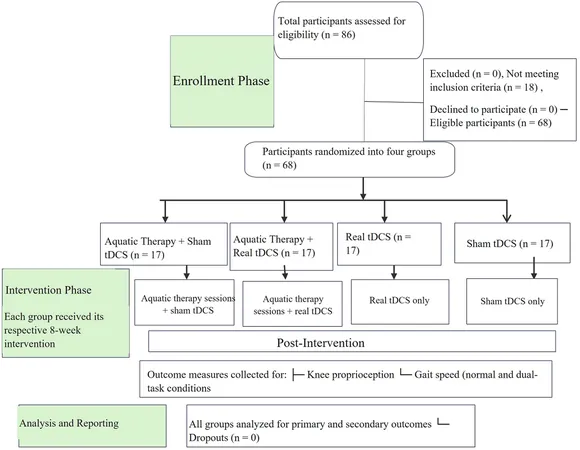
Revealing the Overlooked Crisis: Why Autistic Individuals Deserve Better Menopause Support
2025-09-02
Author: Emma
Groundbreaking Review Exposes Gaps in Menopause Awareness for Autistic People
A groundbreaking new study by Swansea University has unearthed alarming deficiencies in knowledge and support concerning menopause among autistic individuals, highlighting an urgent need for specialized resources and interventions.
Revealing Key Findings from the Study
Led by Dr. Aimee Grant from the School of Health and Social Care, this comprehensive review published in the journal 'Autism in Adulthood' examined both academic research and personal accounts from autistic individuals. The findings were stark, revealing three crucial insights:
1. Limited Awareness and Knowledge
Many autistic individuals were found to be unaware of menopause and its symptoms until they began experiencing them. However, online forums and peer groups emerged as vital lifelines, providing education and community for those navigating this challenging phase.
2. Disturbing Range of Symptoms Reported
The review highlighted a breadth of menopause symptoms among autistic individuals, including mental health issues, cognitive difficulties, fatigue, sleep disturbances, hot flashes, and night sweats. Interestingly, some participants experienced heightened sensory sensitivities, resulting in overwhelming distress. Studies revealed that autistic individuals reported suffering worse symptoms compared to their non-autistic counterparts, with significant impacts on their work and relationships.
3. Inadequate Treatment and Support
Shockingly, the support received by autistic people was found to be inconsistent, with many relying on non-medical coping strategies like rest. Moreover, interactions with healthcare professionals were mostly described as unsatisfactory, and few individuals reported trying Hormone Replacement Therapy (HRT).
Crucial Areas for Future Research Awaits
The research also identified critical aspects requiring further investigation, such as: - The impact of menopause on underrepresented segments of the autistic community. - The prevalence and management of urogenital symptoms like urinary incontinence. - The efficacy of HRT among autistic individuals. - Development of supportive tools tailored for this demographic.
Dr. Grant emphasized the urgency of the findings, stating, "This review underscores the pressing need for high-quality, collaborative resources to empower autistic individuals as they navigate menopause. It's essential that we explore peer support models and ensure healthcare professionals receive specialized training to provide effective care during this pivotal life stage."









 Brasil (PT)
Brasil (PT)
 Canada (EN)
Canada (EN)
 Chile (ES)
Chile (ES)
 Česko (CS)
Česko (CS)
 대한민국 (KO)
대한민국 (KO)
 España (ES)
España (ES)
 France (FR)
France (FR)
 Hong Kong (EN)
Hong Kong (EN)
 Italia (IT)
Italia (IT)
 日本 (JA)
日本 (JA)
 Magyarország (HU)
Magyarország (HU)
 Norge (NO)
Norge (NO)
 Polska (PL)
Polska (PL)
 Schweiz (DE)
Schweiz (DE)
 Singapore (EN)
Singapore (EN)
 Sverige (SV)
Sverige (SV)
 Suomi (FI)
Suomi (FI)
 Türkiye (TR)
Türkiye (TR)
 الإمارات العربية المتحدة (AR)
الإمارات العربية المتحدة (AR)